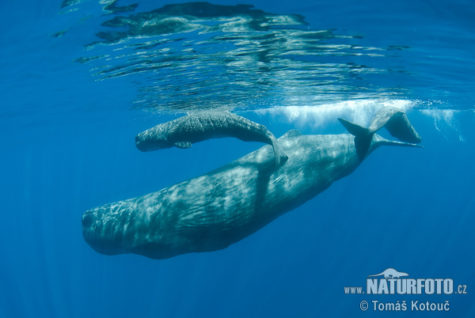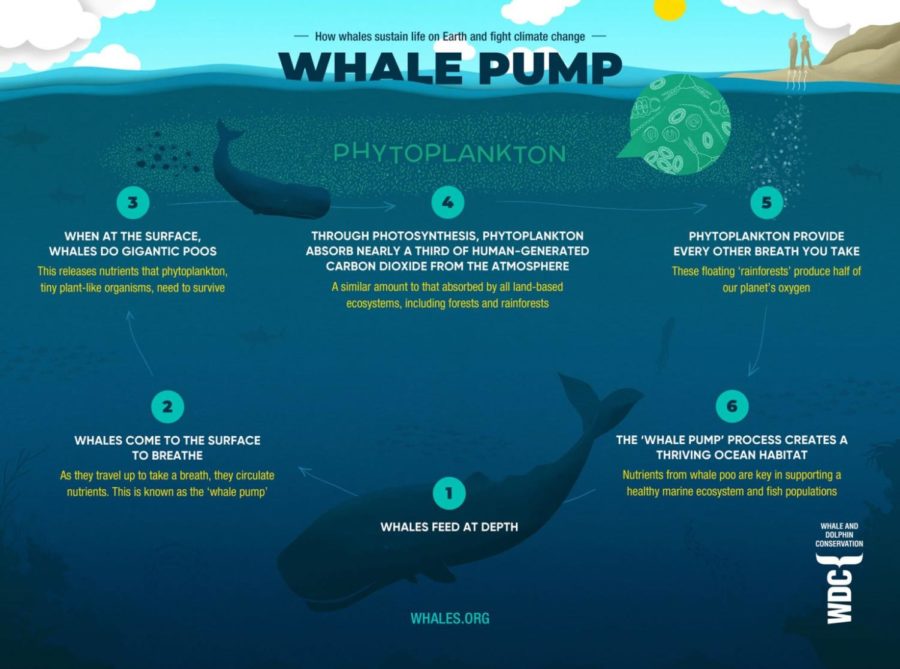Whales Are Ecosystem Engineers That Protect the Planet!
April 28, 2022
Believe it or not, whales can contribute to our environment and help ease climate change. Besides being beautiful, intelligent mammals that we should protect, they basically help us breathe as well.
These reasons, just a few out of many, are why these creatures need to be protected by humans. We are the reason why many whale species are threatened and even endangered, such as the North Atlantic right whales, which are approaching extinction with fewer than 350 remaining in our oceans.
This species in particular is dying faster than they can reproduce, which is often the case for species in similar positions. Since 2017, this whale species has been experiencing an unusually high mortality rate, which has resulted in more than 14 percent of the population either dead or seriously injured.
Humans are the primary cause of all of these devastating losses, and this is why it is our job to help them.
Whales are truly extraordinary mammals. They can really help sustain life on earth and help fight climate change. Whales contribute to a process called “whale pump” that starts off with whales feeding on plankton at deep depths of the sea. Afterward, when whales come up to the surface for a breath, they circulate nutrients which is where this process of whale pump starts to truly occur.

Furthermore, when whales come to the surface after feeding, they release giant feces that release nutrients that plankton then needs to survive and thrive. This excrement then in turn fertilizes phytoplankton, which are tiny plant-like organisms, which are the basis of the ocean food chain. No whale feces = no food in the ocean.
Additionally, phytoplankton go through photosynthesis to absorb nearly a third of human-generated carbon dioxide (CO2) from the atmosphere (which is increasing daily) which is how they help us fight climate change! Phytoplankton don’t just feed the ocean food chain though. These tiny plant-like organisms float at the ocean surface and use the magic of photosynthesis to convert carbon dioxide from the atmosphere, sunlight, and water to produce oxygen and sugar. Through the sheer mass of phytoplankton in the ocean, they are responsible for half the planet’s oxygen – which is how they quite literally help us breathe!
To conclude, we are starting to understand that healthy whale populations are crucial, and not just from the point of view of a human moral responsibility to prevent extinction, but because whales are needed to protect the planet! We are finally beginning to realize that whales are ecosystem engineers and whale feces are nature’s secret weapon. Who would have thought it?



